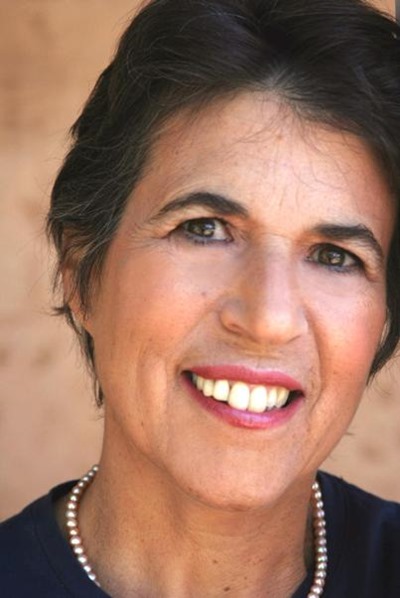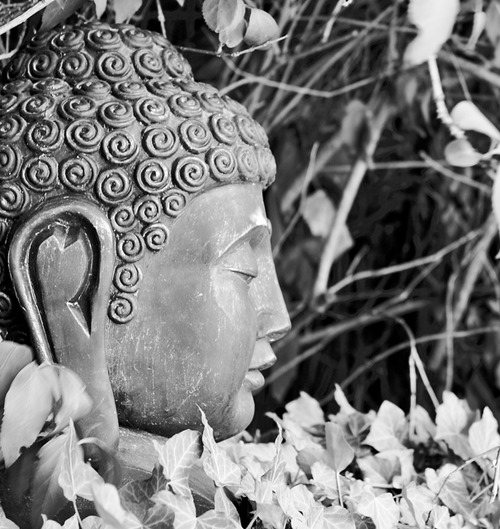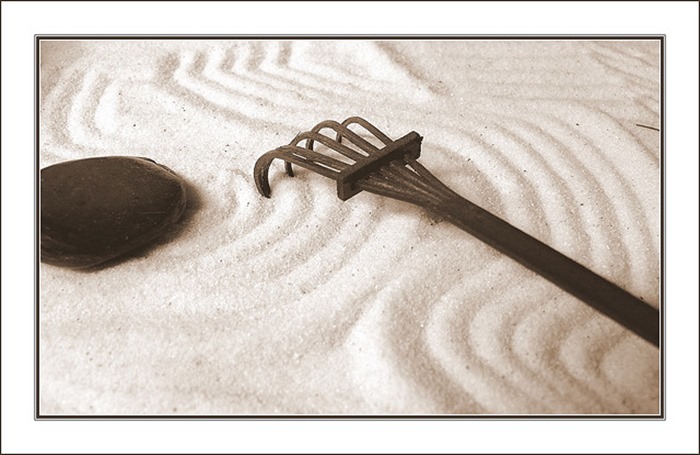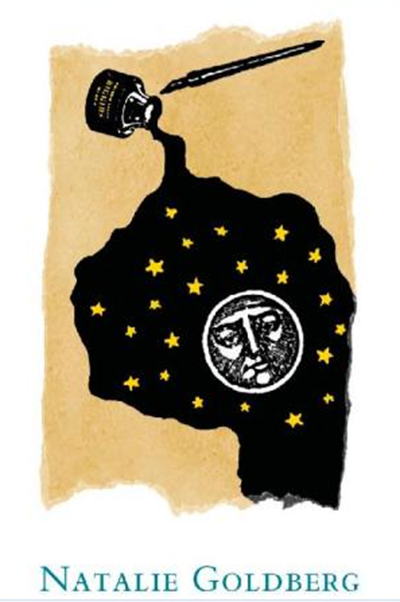Zen in the Practice of Writing and Living: Writing Down the Bones by Natalie Goldberg
On the theme “Writers on Writing”, if reading Still Writing by Dani Shapiro was like drinking a cup of cappuccino in winter, Bird by Bird by Anne Lamott like sipping a glass of lemonade in summer, Writing Down the Bones by Natalie Goldberg was comparable to savoring a pot full of jasmine tea in mid-autumn. The smell of jasmine is infused in the lightness of Natalie’s prose, the clarity and simplicity of her sentences, and the thorough adaptation of Zen in her writing practice.
Natalie Goldberg is a writing teacher, a popular American author and speaker. Published and being re-published since 1986, sold over 1 million copies in 14 languages, her book Writing Down the Bones is the quintessential exploration of how Zen can free creativity. Early on, Natalie had an earnest desire to figure out the writing life: to understand herself, find joy in expression, trust what she thinks, and connect with her mind – something she couldn’t get in public school. Having studied meditation for ten years by the time of writing Writing Down the Bones, she emphasized the connection between Zen, and writing: “The more we understand the human mind, our basic writing tool, the better, more secure we can be in our writing.”
What I learnt in Writing Down the Bones is the art of letting go to become a better writer and a better person: let go of the internal censor to listen to intuition, let go of ego to venerate life’s smallest details, let go of doubt to trust my own voice, and let go of outcome to honor the practice.
First, Let go of the internal censor to listen to intuition. Our intuitive voice, or as she called “first thoughts” is our truest, more energetic voice. It comes from a place where “energy is unobstructed by social politeness,” where we write down what our mind actually sees and feels, not what it thinks it should see or feel. However, it is wrapped around by our internal censor, so we need to burn through it to gain access to this voice. How? Natalie introduces timed writing as a practice: choose a certain amount of time – ten minutes to an hour – and for that full period you must “keep your hand moving, don’t cross out, don’t worry about spelling, punctuation or grammar, lose control, don’t think, don’t get logical, go for the jugular”. She compares the reckless scribbling in timed writing to sitting mediation:
You sit on a cushion called a zafu with your legs crossed, back straight, hands at your knees or in front of you in a gesture called a mudra. You face a white wall and watch your breath. No matter what you feel—great tornadoes of anger and resistance, thunderstorms of joy and grief—you continue to sit, back straight, legs crossed, facing the wall. You learn to not be tossed away no matter how great the thought or emotion. That is the discipline: to continue to sit.
Timed writing help us access our first thoughts, which are fresh, present and thus, truly alive. Letting go of the internal censor helps us, for moments, “ride the waves of human consciousness and use our personal details to express the ride”. Natalie warms us not to confuse between the creator and the editor. There must be a separation: when we create we don’t edit. We will edit with a cold brain during revision. But at that moment of creating, it’s not our job to judge, it’s our job to write from the depth of our being.
Second, Let go of ego to venerate life’s smallest details. Katagiri Roshi, Natalie’s Zen master, taught her to “have kind consideration for all sentient being… to be kind even to the chair, the air, the paper, and the street.” “It is very deep to have a cup of tea”, he said. Cultivating a love and respect simple things in life will help us see through their physical forms – a wooden table, a fallen leave, a ray of light shines through our window – to witness their beauty, from ordinary to extraordinary:
Original details are very ordinary, except to the mind that sees their extraordinariness. We must remember that everything is ordinary and extraordinary. It is our minds that either open or close.
When we write about a cup or a mesa or the sky or a bobby pin, we must give them good attention and penetrate into their heart. Doing this, we will naturally make those leaps that poetry talks about, because we are aware of the interconnection of all things.
Third, let go of doubt to trust our own voice.
Katarigi Roshi once told Natalie: “We are all Buddha. I can see you are Buddha. You don’t believe me. When you see you are Buddha, you will be awake. That’s what enlightenment is.” Instead of being tormented by the voices inside our head, we must treat our writing with tenderness, determination, a sense of humor and a deep patience. Gradually, there will be no need to convince our inner critic that our voice is worthy, because we know it is worthy. When we have faith in the goodness within us, we can begin to create something good outside us. There will always be a gap between the inner richness and the outer creation; that’s what practice is for. However, there is peace in the separation: we are not our work; our work is not us. Natalie advices writers to think that:
It is not “The work is bad and we are bad” or “The work is good and we are bad” or “The work is bad and we are good.” It is “We are good and therefore we are capable of shining forth through our resistance to write well and claim it as our own.” It is not as important for the world to claim it as it is to claim it for ourselves. That is the essential step. Thatwill make us content. We are good, and when our work is good, it is good. We should acknowledge it and stand behind it.
What about talent or capability? Zen teaches that “Capability is like a water table below the surface of earth.” No one owns it but we can dig a well and tap that water with our effort. Talent will come through us like water filling up a well. Natalie tell us to avoid writing from a poverty mentality like people who “think they are empty and they run to teachers and classes to learn about writing. We learn writing by doing it. That simple. We don’t learn by going outside ourselves to authorities we think know about it.”
Fourthly, let go of outcome and honor the practice.
Focusing on nothing else but the writing process itself allows us to find our way home from the disorienting place of both successes and failures. Natalie assures that “for every book that makes it, there are probably thousands that don’t even get published. We must continue anyway. If one book doesn’t get published, write another one.” Writing something good yesterday doesn’t mean we can write something good today. Each moment is a new moment.
This deeply resonates with me. I often look at each published story at Life Written with incomprehension; the story doesn’t seem to belong to me. I sit at my desk every morning with a whiff of doubt that I will ever write something good again, and then I remind myself to breathe, to let go, and if I sit long enough, the channel will slowly open. There, I climb up the mountain again, anew.
Writing Down the Bones is a book about writing, its principles can be applied to running, painting, anything we love and have chosen to work with in our life. Life is about letting go: let go of the internal censor to listen to our intuitive voice, let go of ego to venerate life’s smallest details, let go of doubt to trust our own voice, and let go of outcome to honor the practice.
Seeing the unhappy lives of many artists with alcoholism, drugs, and other additions, Natalie admits that art for art’s sake never interested her. When the ego is solidified, "the practice of art engenders suffering.” Though she reassures, “But if you know you have nothingness at your back, emptiness, you can’t crystallize as easily… So my heart was into writing, but I also sat [sitting meditation] to keep myself honest. And to somehow develop my back, my spine. You know, my front was all energy. You have to have quiet peace at your back. Otherwise you burn up.” So let go. To live your life and pursue your dreams with nothingness and quiet peace at our back.






